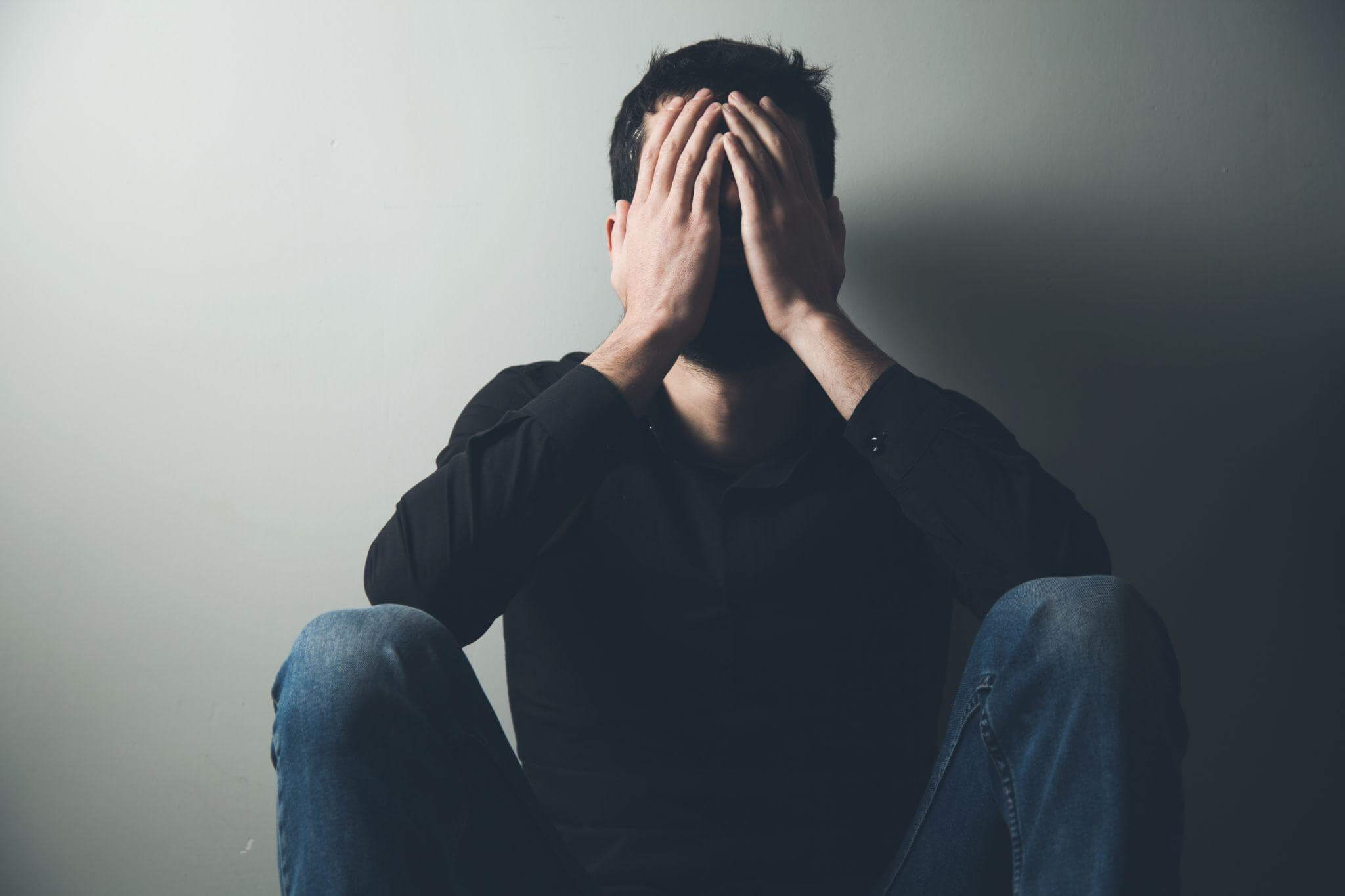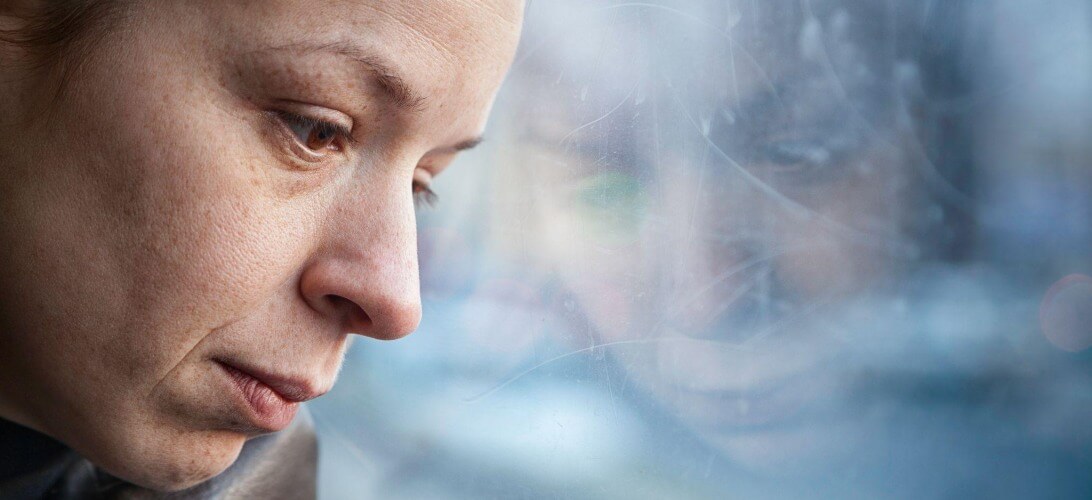Highlights
- While feeling depressed is common, ongoing depression that interferes with your life is not normal and can and should be treated.
- Depression has many causes and risk factors, and treatment programs are built to help people cope in a wide variety of circumstances.
- Finding the lowest price on depression medication can help you manage costs without interruptions in the medication treatment you need.
In 2019 alone, nearly 5 percent of the population reported at least one instance of depression in the previous year. Yet despite being common, depression is often seen as personal or untreatable, when there are effective ways to manage it in the short and long term. Learn what depression is, its causes, how it’s diagnosed, and how to treat and prevent it.
What Is Depression?
Depression is a mental state associated with negative feelings and avoiding activities a person once enjoyed. A depressive mood is common after a personal setback of some form, or even for no reason at all, and is usually temporary.
When it’s consistent and ongoing, however, depression is seen as a disorder. There are two primary depressive disorders. In major depressive disorder (MDD), sometimes called “clinical depression,” symptoms of depression last for two weeks or longer. Informally, if depression interferes with all aspects of life, it may be classified as MDD.
Persistent depressive disorder (PDD), also called dysthymia, can last for much longer periods — weeks or even years. For the purposes of this article, we’ll use the term “depression” to include both disorders.
Depression Symptoms

While there is some truth to pop culture depictions of depression, depression has many faces. One person may fit the classical depiction of depression, sleeping constantly and not leaving the house, while others may maintain a normal routine while struggling with negative feelings internally.
Possible symptoms of depression include:
- Headache
- Fatigue
- Reduced interest in sex
- Gastrointestinal problems
- Changes in sleep patterns, including insomnia and hypersomnia
- Appetite changes, either dramatic increase or decrease
- Weight changes, particularly extreme ones
- Changes in attitude, including agitation
- Forgetfulness
- Difficulty concentrating
- Social withdrawal
- Increased substance use or substance abuse disorder
- Sudden changes in attitude, including hostility or anger
If you have multiple symptoms on this list, particularly emotional ones, seek out a doctor immediately.
Depression Causes
The causes of depression are generally broken out into three core factors.
- Trauma. Past traumatic experiences can lay the groundwork for depressive episodes. People who experience abandonment or neglect as children, for example, are at elevated risk of depression, but any psychologically traumatic experience can increase the risk.
- Genetics. Depressive disorders have an associated biology that ties into genetic factors. While a history of depression in a family doesn’t guarantee you’ll experience it, it can elevate your risk.
- Other medical conditions. Depression is a common symptom for many major health conditions, particularly ongoing, or chronic, illnesses. Cancer patients, for example, often have deep concerns over what their future holds or have difficulty with treatment and its side effects, and often experience depression. Mental healthcare has increasingly become a standard component of cancer treatment.
Depression Risk Factors

In addition to the above, there are external factors that can raise the risk of depression. They can include:
- Substance abuse. Depression and substance abuse often occur together. Some people use drugs because they can alleviate symptoms or push them aside long enough to get things done, for example. Long-term substance users may develop depression as they struggle to manage their addiction.
- Medications. Some common medications may cause depression or deepen depressive episodes due to their effect on brain chemistry or because of their side effects. Ask your doctor about depression as a possible side effect and what to look out for.
- Medical history. Major surgery, sudden hospitalization, or life-saving measures can be frightening and traumatic, even when they go well. Postoperative complications are a particular risk factor.
- Sudden interpersonal changes. The loss of a loved one, a breakup, losing a job, and other dramatic life changes can push what might normally be a low mood into a depressive state.
Depression Diagnosis
Depression is usually diagnosed using a process called differential diagnosis, the ruling out of anything else that might be causing the problem. Your doctor will ask you about the following:
- Your current circumstances
- Past mental health state
- Current symptoms
- Family history
- Substance use history
They’ll also run an assessment of your mood and thinking, looking for hopelessness or pessimism, a lack of positive thoughts or plans, and any indication of self-harm or thoughts of suicide.
Depression Complications
While depression can show physical signs, complications are most often emotional or social. Depression interferes with work, family obligations, and personal fulfillment. If left untreated, this often gets steadily worse. When depression is associated with physical health conditions, it can interfere with treatment of those conditions.
Depression Treatment

Depression treatment most often involves a mix of lifestyle changes, mental health care, and medication, usually as a package.
- Lifestyle changes. A large body of research has proven that exercise can help manage depression. Diet and regular sleep may also help, although research is ongoing on these.
- Mental health care. Talk therapy, individual or group, teaches coping strategies and provides support.
- Medication. There are a wide range of classes of antidepressants that help manage symptoms and make it easier for sufferers to continue with other treatments. The most common classes are:
- Selective serotonin reuptake inhibitors (SSRIs)
- Serotonin and norepinephrine reuptake inhibitors (SNRIs)
- Tricyclics
- Monoamine oxidase inhibitors (MAOIs)
Read our Reference Guide to Depression Medications for a detailed look at the medicines used to treat depression.
Depression Management
Regular talk therapy teaches coping strategies for handling setbacks and making them feel easier to manage. Depending on family history and past symptoms, long-term maintenance can help limit the impact of depressive episodes. Maintenance plans usually include a low dose of antidepressants and regular therapy sessions.
Get the Lowest Price for Depression Medications
Managing depression shouldn’t cost you at the pharmacy. BidRx helps you find the lowest price for depression medications with a system that has pharmacies across the country putting in bids for your business. Create a bid, choose your offer, and have all your medication shipped directly to your door.
Depression is an ongoing challenge, but getting the right medication for the lowest price isn’t. To get started, visit our medication page.
